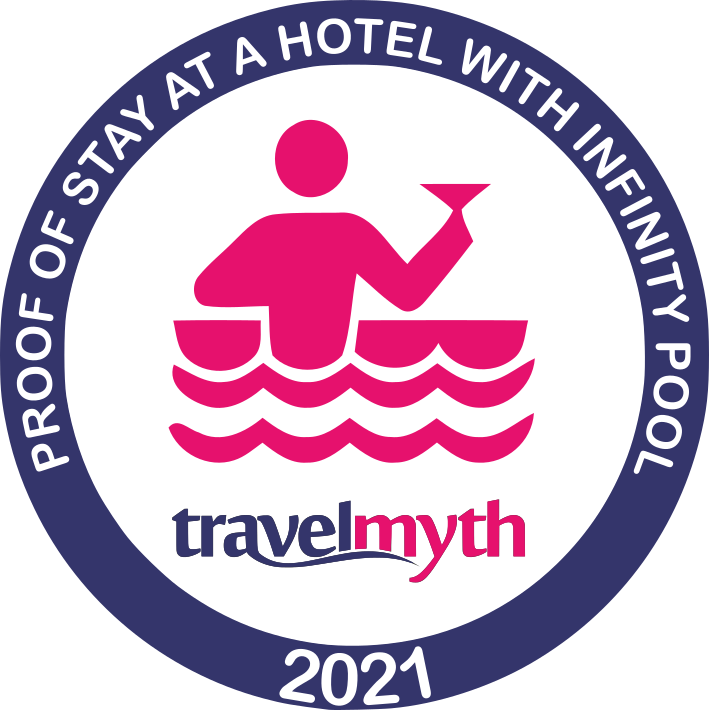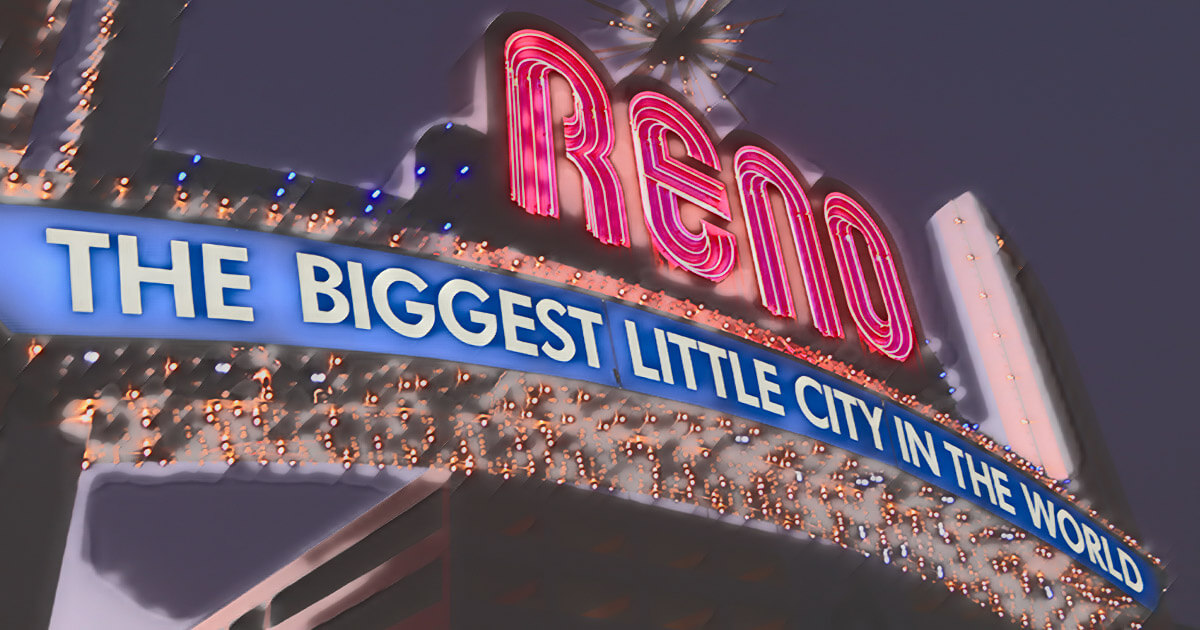Part
01
of one
Part
01
Using NFTs to Promote Tourism
Key Takeaways
- Because NFTs have the innate ability to collect and store information, they provide the opportunity for tourists and travelers to 'prove' they have visited a destination.
- NFTs can also be used in combination with VR and AR to create automated city tours, that guide tourists from place to place via a series of NFT badges that unlock each next step upon acquisition.
- To support their NFT promotion strategy, mayor of the city of Reno Hillary Schieve created a RenoDAO, with RenoCoins which could be earned via NFT art creation.
- One source calls Miami the new 'ground zero for NFTs,' as a result of their many NFT initiatives.
Introduction
In order to provide an understanding of the use of NFTs to promote tourism, we've provided use cases of NFTs in the promotion of tourism, as well as case studies of several locations that have used NFTs to promote tourism. Details on each can be found below.
I. NFTs & Promotion of Tourism
Use cases of NFTs to promote tourism include NFT based proof of travel, NFT based travel loyalty or rewards programs, and virtual and augmented reality smart travel using NFTs.
1. Proof of Travel
- Because NFTs have the innate ability to collect and store information, they provide the opportunity for tourists and travelers to 'prove' they have visited a destination or done a certain thing in a location.
- This allows tourism to utilize the status inherent in visiting many places, through collecting related NFTs.
- For example, if a tourist visits a landmark in a city, they can be given an NFT as a digital souvenir.
- This allows tourists and travelers to log their travels, alongside allowing destinations and businesses to offer NFTs as incentives or 'badges' for anything they want to encourage these travelers to engage with, such as a specific park or museum.
- The concept of NFT 'proof of travel' allows tourists to use their digital wallet as a way to show people what they've done in the way that replaces any need to collect physical souvenirs.
- Using NFTs as tourism incentives and proof of travel is hoped to bridge the gap between the physical and digital in tourism.
- One example of a company doing this is Travelmyth, which offers stamp-like NFTs for destinations and landmarks visited.
- Another company, Pebble Tracker, expands on this by offering a hardware that captures the data of real travel moments, including location, climate, motion, and light, and turns them into a unique NFT that serves as a snapshot of the travel journey.
2. Travel Loyalty Programs
- NFTs have been used to create tourism and travel loyalty programs within the cryptocurrency community.
- In addition to logging travels, NFTs allow tourists to leverage proof-of-travel stamps and badges to earn rewards, or special VIP access to venues within certain destinations.
- For example, one company allowed those with enough NFTs to reach certain membership tiers that allowed them to gain "exclusive, once-in-a-lifetime random travel experience drops.”
- While not yet focused on any specific cities, airlines and transportation companies often incentivize visiting less popular destinations to fill flights via rewards and points, and its projected companies and destinations will be able to utilize NFTs similarly.
- For example, Travel Toucans, "the worlds first travel NFT community" uses limited-edition Toucan NFTs to allow membership to a global community of travelers, and includes perks like invitations to 'secret' events, local guides, and community voting rights.
3. AR/VR Smart Travel
- NFTs can be highly useful in supporting smart travel that utilizes VR (Virtual Reality) and AR (Augmented Reality).
- For example, because AR digitally augments the reality around a traveler, NFTs could unlock AR experiences and give tourists a unique and enhanced experience of landmarks and tours.
- NFTs can also create 'time locked' AR experiences, where certain features can only be unlocked during certain hours of the day, such as sunrise or dusk, to encourage tourism at optimal times.
- NFTs can also be used in combination with VR and AR to create automated city tours, that guide tourists from place to place via a series of NFTs that unlock each next step upon acquisition.
II. Cities & NFTs
Examples of cities that have used NFTs to promote tourism include Reno and Miami, with more details on both below.
1.Reno
- The city of Reno, Nevada recently launched an NFT strategy alongside their overall vision for 'blockchainifying the city'.
- Mayor Hillary Schieve created a RenoDAO with RenoCoins which could be earned via NFT art creation, and used to earn revenue to secure access to blockchain-secured lotteries, and even blockchain voting for those outside the immediate community.
- While more focused on overall city governance and funding local art, NFTs encouraged tourism to local art spaces, casinos, and generated regional tourism as crytocurrency users could generate access to properties and community processes.
- The NFT program in Reno was kicked off with an NFT sculpture in the middle of town, called the "Space Whale".
- While metrics for success were limited, Reno's experiments in NFTs were impactful enough to be followed by the city's launch of the Biggest Little Blockchain, the first city-run blockchain platform in the US.
2.Miami
- Another city that has a wide range of NFT projects related to tourism is Miami, Florida.
- Several well-known art events that draw visitors to the city, such as Art Basel Miami, have launched related NFT events, including NFT BAZL, an NFT exhibition held in Miami in June 2021.
- The inaugural event shared an NFT art collection of 100 unique digital pieces with attendees.
- Tourism venues in Miami have also started to launch NFT promotional strategies.
- For example, hotel SLS South Beach set up a program that allows hotel guests to view NFTs via television screens, to select and acquire NFTs that also give them access to special and exclusive services within the property.
- The goal of the program is both to make the purchase of NFTs more accessible, as well as to bridge the digital and physical in the hotel space.
- Perks of NFT purchases include access to include a special day-use room, amenity access, and additional hotel stays.
- As a result of the NFT related initiatives, one source calls Miami the new 'ground zero for NFTs.'
Research Strategy
For this research on NFTs and tourism, we leveraged the most reputable sources of information that were available in the public domain, including business media sources, cryptocurrency and blockchain experts, and tourism news.


